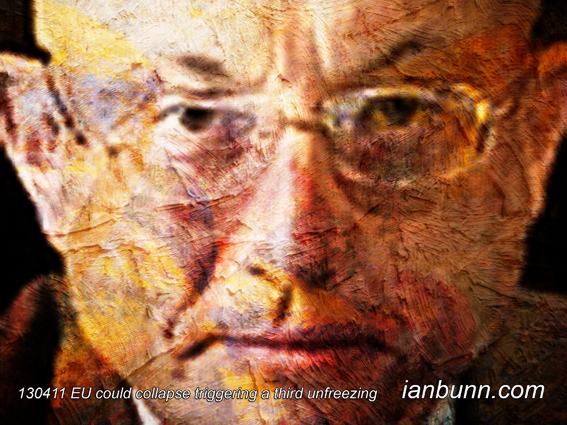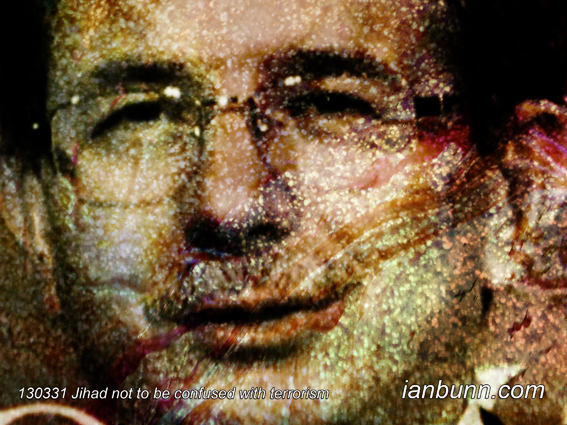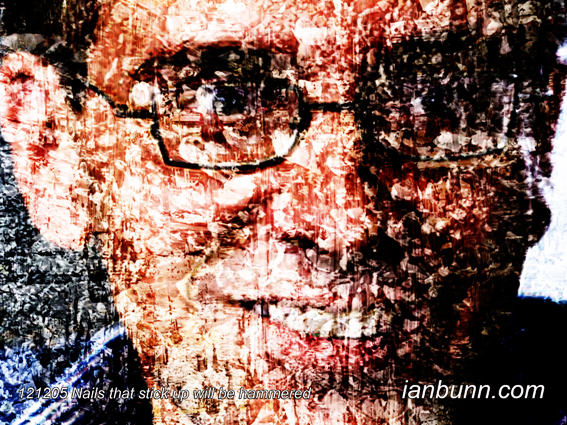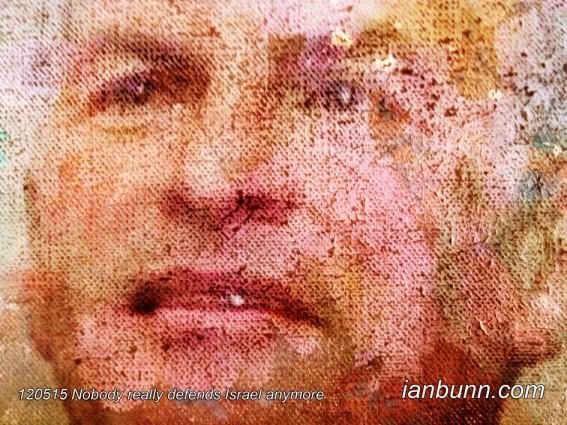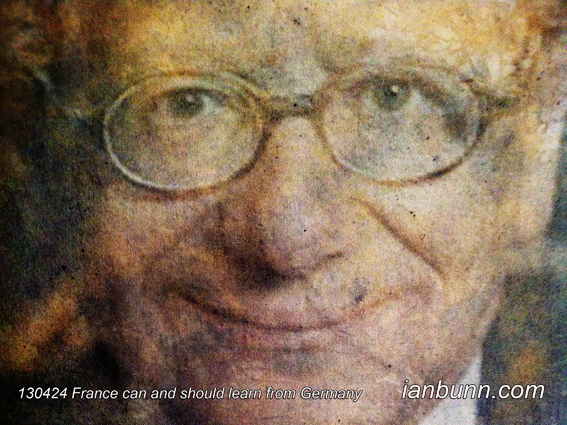 France can and should learn from Germany (April 24 2013)
France can and should learn from Germany (April 24 2013)
Dominique Moisi the 66 year old French political scientist and writer, co-founder and senior advisor of the Paris-based Institut Français des Relations Internationales (IFRI), has published an article on the Project Syndicate titled ‘France’s German Mirror’. Moisi states “…Berlin is a construction site that has managed to transform its multiple pasts into positive energy. …That positive energy contrasts starkly with the decadent beauty of Paris, a city that is on a path of “museification.” Of course, if you can afford to live there, Paris remains a great place to be. But Berlin is a better place to work, even if what you do is very poorly paid. …Thanks to its moderate housing costs, Berlin has not become, like Paris, a ghetto for the rich. Unlike the French, who are handicapped by the high cost of housing, Germans’ purchasing power is more harmoniously distributed, creating more room for household consumption to contribute to economic growth. Germany’s positive energy is, of course, the result of success translated into confidence, which Chancellor Angela Merkel incarnates with strength and simplicity. Merkel has changed profoundly while in office. Five years ago, she did not exude the natural authority that she now possesses. Today, like Pope Francis, she is clearly at ease with herself. Has there been a French president since François Mitterrand who was truly a match for a German chancellor? If France has replaced Germany as “the sick man of Europe,” it is for political reasons, above all: vision, courage, and strength on the northern side of the Rhine, and vacillation, inertia, and weakness on the southern. …France’s current direction is a source of deep concern in Germany, whose evolution should be seen in France as a source of inspiration – an example to be emulated, even if the country must not fall into self-flagellation. …France today can and should learn from Germany.”
Inspired by Dominique Moisi, Project Syndicate ow.ly/jBdO4 Image source Voltairenet ow.ly/jBdJt
